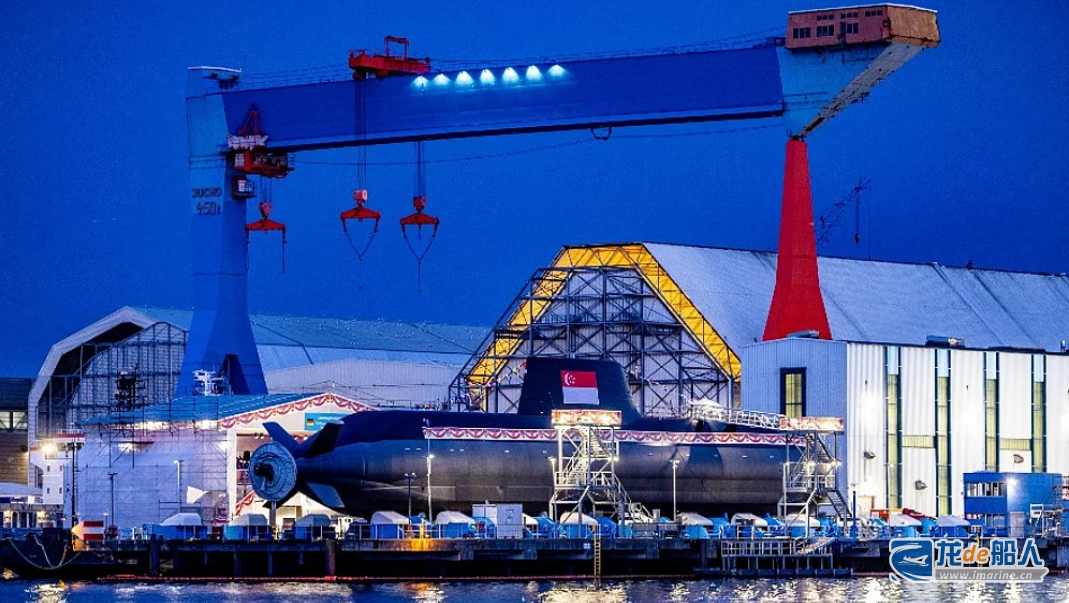ThyssenKrupp AG, a German giant in the steel, defense, automotive, and elevator parts sectors, plans to spin off its defense division, TKMS, on October 20, according to people familiar with the matter. The exact timing of the spin-off has not yet been finalized and is subject to adjustment.

Under the plan, ThyssenKrupp AG will spin off its 49% stake in TKMS to shareholders, retaining a majority stake in TKMS after the spin-off. Like other European defense groups, TKMS is benefiting from a surge in European defense demand.
ThyssenKrupp AG’s spin-off plan has sparked significant investor interest, with TKMS valued between €2.3 billion and €2.7 billion (approximately $2.662 billion to $3.125 billion), representing roughly one-third of ThyssenKrupp AG’s current market capitalization.
Based on this valuation, TKMS would become one of Germany’s largest public companies so far this year. ThyssenKrupp AG had previously expressed its intention to pursue TKMS’s IPO in mid-October, though no specific date was confirmed.
Earlier this year, ThyssenKrupp AG changed its name from Thyssenkrupp Marine Systems to TKMS. This change means that TKMS is the only German naval company to bring together all maritime areas under one name.
In recent news, TKMS is competing with the Hanwha Ocean-HD Hyundai Heavy Industries consortium for Canada’s patrol submarine project. Under this initiative, Canada plans to procure up to 12 conventionally powered submarines of approximately 3,000 tons. The final shipbuilder will be selected in 2026, with the construction contract awarded by 2028. The first submarine is expected to be delivered by 2035.
TKMS is a shipbuilder specializing in submarines, frigates, and mine countermeasure equipment. Its primary submarine construction facility is located at the Kiel shipyard, with deliveries scheduled until the 2040s. Its main competitors include Italy’s Fincantieri, Germany’s NVL Group, and France’s Naval Group.
Over the past five years, TKMS’s total order intake has more than tripled to €18.6 billion (approximately $21.528 billion). The company recently disclosed that it expects its medium-term profit margin to increase from 4.3% in fiscal year 2023/24 to over 7%.


